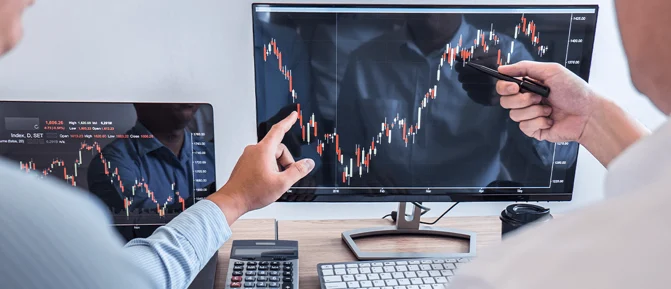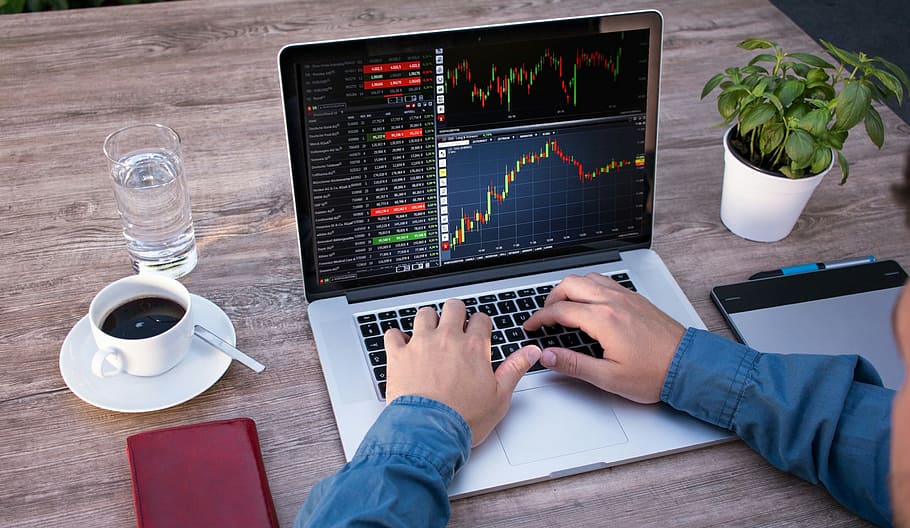For aspiring forex traders, stepping into the dynamic world of currency trading can feel like entering uncharted territory. With its complexities and potential risks, it’s essential to approach forex trading Read More
A demo account, also known as a simulated trading account, allows traders to practice trading in a risk-free environment using virtual funds. While demo accounts may not replicate the exact emotions and psychological challenges of real trading, they offer an invaluable opportunity for traders to hone their skills, test strategies, and gain confidence without putting their hard-earned money on the line.
Why Practice Matters
Practice is the foundation of proficiency in any skill, and forex trading is no exception. By using a demo account, traders can familiarize themselves with the mechanics of trading platforms, experiment with different trading strategies, and develop their trading intuition—all without risking real capital. Additionally, demo accounts enable traders to gain valuable experience in analyzing market conditions, interpreting price charts, and managing risk, essential skills for successful trading.
Maximizing the Learning Potential
To make the most of a demo account, traders should approach it with the same seriousness and dedication as they would a live trading account. Here are some strategies for maximizing the learning potential of simulated trading:
1. Set Clear Objectives: Before starting, define specific learning objectives, such as mastering technical analysis, testing different trading systems, or improving risk management skills. Having clear goals will help focus your efforts and measure progress.
2. Treat It Like Real Money: While trading with virtual funds may not carry the same emotional weight as trading with real money, adopting a disciplined approach is crucial. Avoid reckless behavior or taking unnecessary risks that you wouldn’t take with a live account.
3. Experiment with Different Strategies: Use the demo account to explore various trading strategies, from trend following to counter-trend trading, and everything in between. Keep track of the results and analyze which strategies work best for your trading style and objectives.
4. Practice Patience and Discipline: Successful trading requires patience and discipline, qualities that can be cultivated through consistent practice. Resist the urge to overtrade or chase after short-term gains, and instead focus on executing your trading plan with precision.
5. Learn from Mistakes: Mistakes are inevitable, especially when learning a new skill like forex trading. Use the demo account as a safe space to make and learn from mistakes without fear of financial loss. Keep a trading journal to reflect on your trades and identify areas for improvement.
Transitioning to Live Trading
While demo trading provides an invaluable learning experience, it’s essential to recognize that trading with real money introduces a new level of psychological pressure and emotional involvement. As you gain confidence and proficiency in demo trading, gradually transition to live trading with small, manageable positions. Remember to apply the lessons learned from demo trading to your live trading approach and continue to refine your skills through ongoing practice and education.
In conclusion, the power of practice cannot be overstated in mastering forex trading. Demo accounts offer a risk-free environment for traders to develop their skills, test strategies, and build confidence without risking real capital. By approaching demo trading with dedication, discipline, and a commitment to continuous learning, traders can lay a solid foundation for success in the challenging yet rewarding world of forex trading.




